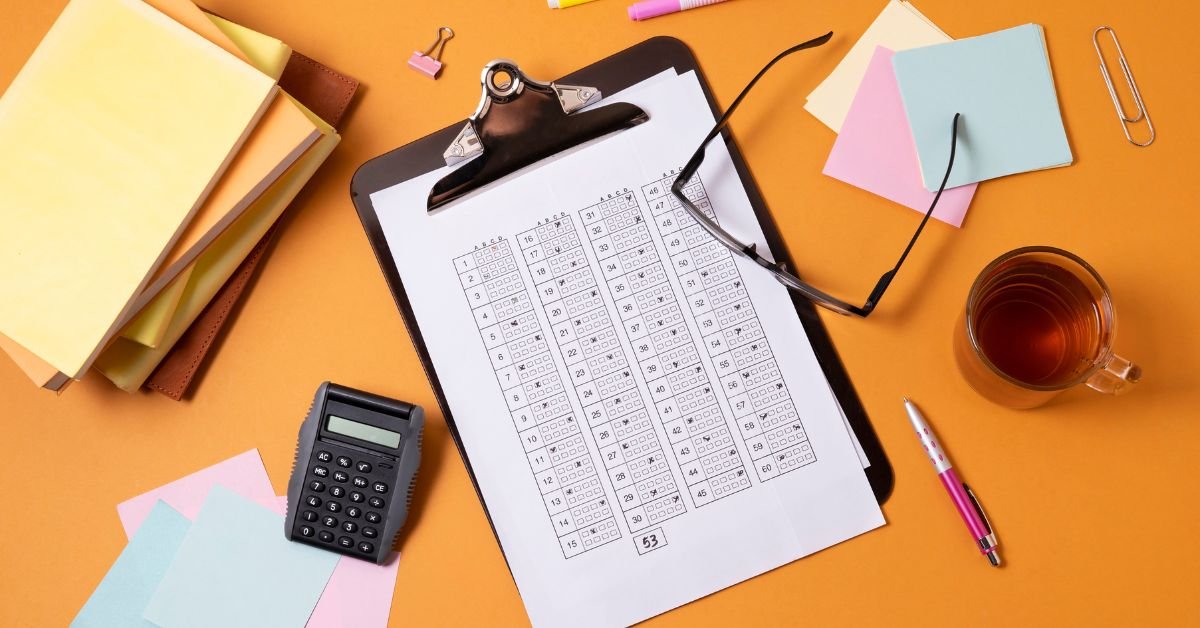Contents
- 1 Introduction to 8.3 Independent Practice Page 221 Answer Key
- 2 Understanding the Purpose of Independent Practice
- 3 Tips for Successful Independent Practice
- 4 Step-by-Step Explanations for Page 221 Answers
- 5 Common Mistakes to Avoid in Independent Practice
- 6 Additional Resources for Practicing and Mastering Math Skills
- 7 The Importance of Consistent Independent Practice in Math Learning
- 8 Conclusion:
Introduction to 8.3 Independent Practice Page 221 Answer Key
Independent practice is a crucial component of mastering any subject, and math is no exception. As students dive into the world of numbers, equations, and problem-solving techniques, they often find themselves needing that extra bit of time to solidify their understanding. Independent practice offers an invaluable opportunity for learners to tackle challenges on their own, reinforcing concepts and boosting confidence along the way.
Imagine sitting down with your textbook or worksheet, ready to explore mathematical principles at your own pace. The independence allows you to experiment with different strategies without the pressure of immediate feedback from teachers or peers. This autonomy is essential not just for academic growth but also for fostering a lifelong love for learning.
In this article, we will unravel the significance of independent practice in math education while providing insights into common pitfalls and valuable tips for success. Plus, we’ll break down the answers found on page 221 through easy-to-follow explanations—making sure you’re equipped for your next round of problem-solving adventures!
Understanding the Purpose of Independent Practice
Independent practice serves a crucial role in learning. It allows students to apply concepts they’ve just encountered. This hands-on approach reinforces understanding and builds confidence.
By practicing alone, learners can discover areas where they excel as well as aspects that require more attention. It’s an opportunity for self-assessment, enabling students to identify their strengths and weaknesses.
Moreover, independent practice encourages critical thinking. Students are not just memorizing formulas; they’re figuring out how to solve problems on their own. This problem-solving experience is invaluable in real-life situations.
Additionally, it fosters perseverance. Encountering challenges during solo work teaches resilience and the importance of effort in achieving success. The skills gained through independent practice extend beyond math, impacting overall academic performance and personal growth as well.
Tips for Successful Independent Practice
Set clear goals for each practice session. Knowing what you want to achieve can keep you focused and motivated.
Create a distraction-free environment. Find a quiet space where you can concentrate fully on your work, free from interruptions.
Use a variety of resources. Mixing textbooks with online exercises or educational apps can make practice more engaging and effective.
Break tasks into smaller chunks. Tackling one concept at a time helps prevent frustration and allows for better retention of information.
Track your progress regularly. Keeping tabs on what you’ve mastered boosts confidence and shows areas needing improvement.
Take breaks when necessary. Short pauses during study sessions help refresh your mind, making it easier to absorb new material when you return to the task at hand.
You Might Also Like: Nova Scola
Step-by-Step Explanations for Page 221 Answers
When tackling the Independent Practice on Page 221, it’s crucial to approach each question methodically. Start by reading the problem carefully. Understand what is being asked before jumping in.
Next, identify any key terms or concepts that relate to your current learning objectives. This will help you apply the right strategies and formulas effectively.
After choosing a strategy, break the problem down into smaller steps. Solve each part one at a time rather than trying to tackle everything at once. It keeps things manageable and clear.
Once you’ve arrived at an answer, revisit the original question. Ensure your solution aligns with what was asked and check for accuracy in your calculations.
If time allows, review similar problems in your textbook for additional practice. This reinforces understanding and builds confidence as you prepare for future challenges.
Common Mistakes to Avoid in Independent Practice
When engaging in independent practice, it’s easy to fall into common pitfalls. One frequent mistake is rushing through problems without fully understanding the concepts. Taking your time can lead to greater mastery.
Another issue arises when students skip over difficult questions. Tackling these challenges head-on promotes growth and resilience. Avoiding them only hampers progress.
Failing to review mistakes is also a critical error. Understanding where you went wrong helps reinforce learning and prevents repetition of errors in the future.
Neglecting to set specific goals can hinder focus and motivation. Establish clear objectives for each session to track improvement effectively.
Being mindful of these mistakes makes a significant difference in mastering math skills during independent practice sessions.
Additional Resources for Practicing and Mastering Math Skills
Exploring additional resources can significantly enhance your math skills. Websites like Khan Academy offer a wealth of practice exercises and instructional videos tailored to various topics. Engaging with these materials allows for self-paced learning.
Mobile apps, such as Photomath or Mathway, provide instant help. Simply snap a picture of a problem, and they guide you through the solution process step by step.
YouTube channels dedicated to math concepts are also invaluable. They often break down complex ideas into digestible segments, making it easier to follow along.
Don’t overlook online forums and study groups either. Platforms like Reddit or Discord host communities where learners share tips and solve problems collaboratively.
Consider using workbooks designed for independent practice; these can reinforce classroom lessons effectively while providing ample opportunities for review.
The Importance of Consistent Independent Practice in Math Learning
Consistent independent practice is a cornerstone of effective math learning. It allows students to apply concepts in a focused environment, reinforcing what they’ve learned in class.
Regular practice helps build confidence. The more comfortable students become with problem-solving, the less anxious they feel during assessments or real-life applications.
Additionally, tackling various problems independently fosters critical thinking skills. Each challenge encourages learners to explore different strategies and approaches. This exploration deepens their understanding of mathematical principles.
Creating a routine around independent practice can establish discipline and accountability. When students commit time regularly, they see gradual improvements that motivate them further.
It’s not just about completing homework; it’s about cultivating a mindset geared toward growth and mastery in mathematics. Through repetition and self-guided work, math becomes less intimidating over time.
You Might Also Like: Assimilasjon Explained
Conclusion:
Independent practice plays a vital role in mastering math skills. It encourages students to apply what they’ve learned, helping reinforce concepts and build confidence. By engaging with the material on their own, learners can uncover their strengths and identify areas for improvement.
The step-by-step explanations provided for the answers on page 221 serve as valuable guidance. They not only clarify thought processes but also encourage students to develop problem-solving strategies that are essential in mathematics.
Avoiding common pitfalls, such as rushing through problems or neglecting foundational skills, can significantly enhance the learning experience. Consistent independent practice nurtures a deeper understanding of mathematical principles, allowing students to thrive academically.
Utilizing available resources further enriches this journey. Whether it’s online platforms or supplementary workbooks, these tools can provide additional support outside standard classroom instruction.
Math is not just about getting the right answer; it’s about developing a mindset geared toward exploration and persistence. Embracing independent practice fosters resilience—a critical quality for success both within academics and beyond.
As you continue your math studies, remember that each problem solved contributes to your overall growth as a student and thinker. The path may be challenging at times but remains rewarding with effort and dedication applied consistently over time.




